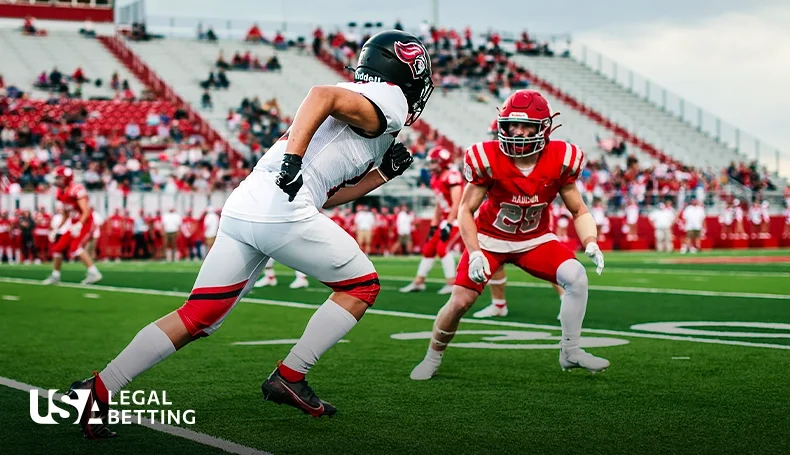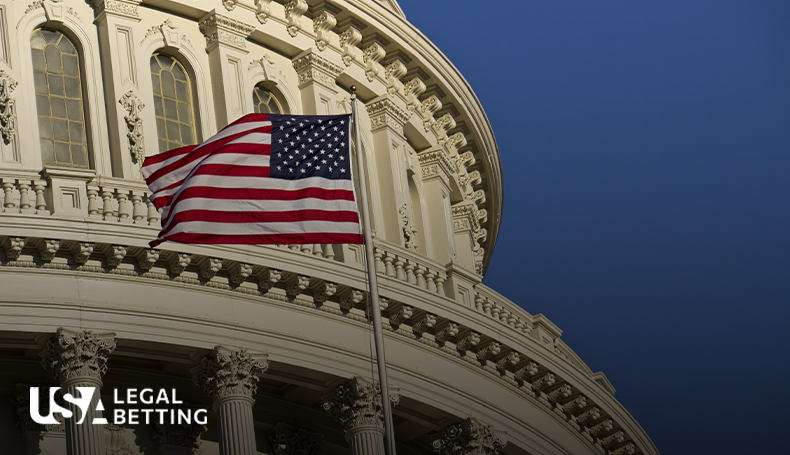The AGA’s results focused on customers betting at all locations, including legal online sportsbooks, offshore books, and illegal bookmakers.
$1.5 billion of the handle is expected to flow through legal sports betting outfits. That’s in line with estimates made by gaming research company Eilers & Krejcik Gaming, which anticipated $1.25 billion in wagers at legal sportsbooks.
35% more people are expected to participate in Super Bowl betting in 2024 compared to 2023. That was helped by Kentucky, Maine, Massachusetts, and Vermont all launching sports betting since the NFL’s last championship event.
38 states and Washington D.C. now have legal sports betting markets, including behemoths such as Florida and New York. The rampant flow of money and swelling support for the pastime leaves many industry exports with the impression that the Super Bowl will continue to break betting records every year for at least a decade.
“There’s a good chance that every Super Bowl for the next ten or so years will be the most-bet Super Bowl thanks to the underlying growth of regulated sports betting in the U.S.,” said gambling analyst Chris Grove of Eilers & Krejcik Gaming.
While 76% of states boast legal gambling markets, both California and Missouri, the home states of the Super Bowl participants, do not.
California had a chance to adopt sports betting legislation during the last general election with Propositions 26 and 27, which were heavily supported by the gaming industry, but both fell short at the ballot.
The Missouri House presented several sports betting bills to the Senate in recent years, but none garnered enough support. A coalition of local professional sports teams finally announced in mid-January it filed a petition to get sports betting on the statewide ballot, but it must first receive 5% of signatures from legal voters in six of eight districts.



















